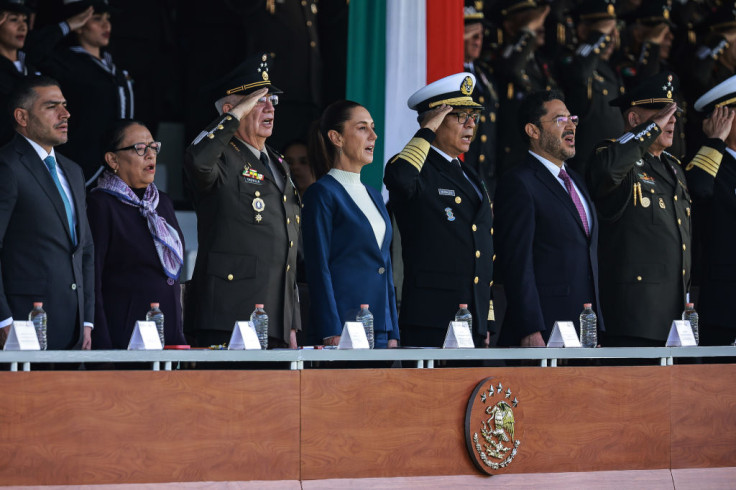
Mexico's approach to combating organized crime appears to be shifting under President Claudia Sheinbaum's administration, moving away from the "hugs, not bullets" strategy of her predecessor, former President Andrés Manuel López Obrador (AMLO). AMLO's policy focused on avoiding engaging directly with drug cartels, emphasizing social programs aimed at reducing recruitment into criminal organizations.
However, within a month of taking office, Sheinbaum's administration has already had several confrontations that suggest a greater willingness to use military force and the National Guard. The shift comes at a time when cartels have expanded their activities, including involvement in human smuggling and the recruitment of foreign fighters and minors.
Incidents in recent weeks have underscored this apparent policy change. On Sheinbaum's first day in office, soldiers in Chiapas shot at a vehicle they suspected belonged to a criminal group, only to find it was carrying migrants, The Associated Press recalled.Similar episodes followed, including clashes in which bystanders were killed, such as when the National Guard opened fire on a truck transporting migrants, resulting in two deaths and multiple injuries.
The clashes have also highlighted the lopsided casualty figures that were criticized under previous administrations. In one incident in Sinaloa, soldiers killed 19 cartel members while suffering no casualties. In another, troops killed 17 suspected gunmen, most of whom were Guatemalan, while arresting 15 and taking no losses themselves.
Experts have noted differences in the challenges Sheinbaum faces compared to past administrations. Mexican cartels have become more diversified, expanding into migrant smuggling, a profitable enterprise driven by increased migration through Mexico from regions beyond Central America. These migrants often pay higher fees, making human smuggling a lucrative supplement to drug trafficking.
Military analyst Juan Ibarrola told the outlet have begun using migrants as shields and, at times, as part of their hit squads. This practice has contributed to the escalating violence involving security forces. Security analyst David Saucedo added that during López Obrador's term, high-profile arrests and extraditions resumed under U.S. pressure, indicating a potential shift already underway before Sheinbaum's term began.
However, the continued use of military forces for law enforcement has raised concerns. Saucedo stated that the National Guard has shown a tendency to engage with suspects using force rather than investigating or detaining them, contributing to civilian casualties.
Analysts suggest that while Sheinbaum has avoided disavowing López Obrador's policies, her administration's actions point to a more assertive stance against the most visible and overt displays of cartel power.
© 2025 Latin Times. All rights reserved. Do not reproduce without permission.





